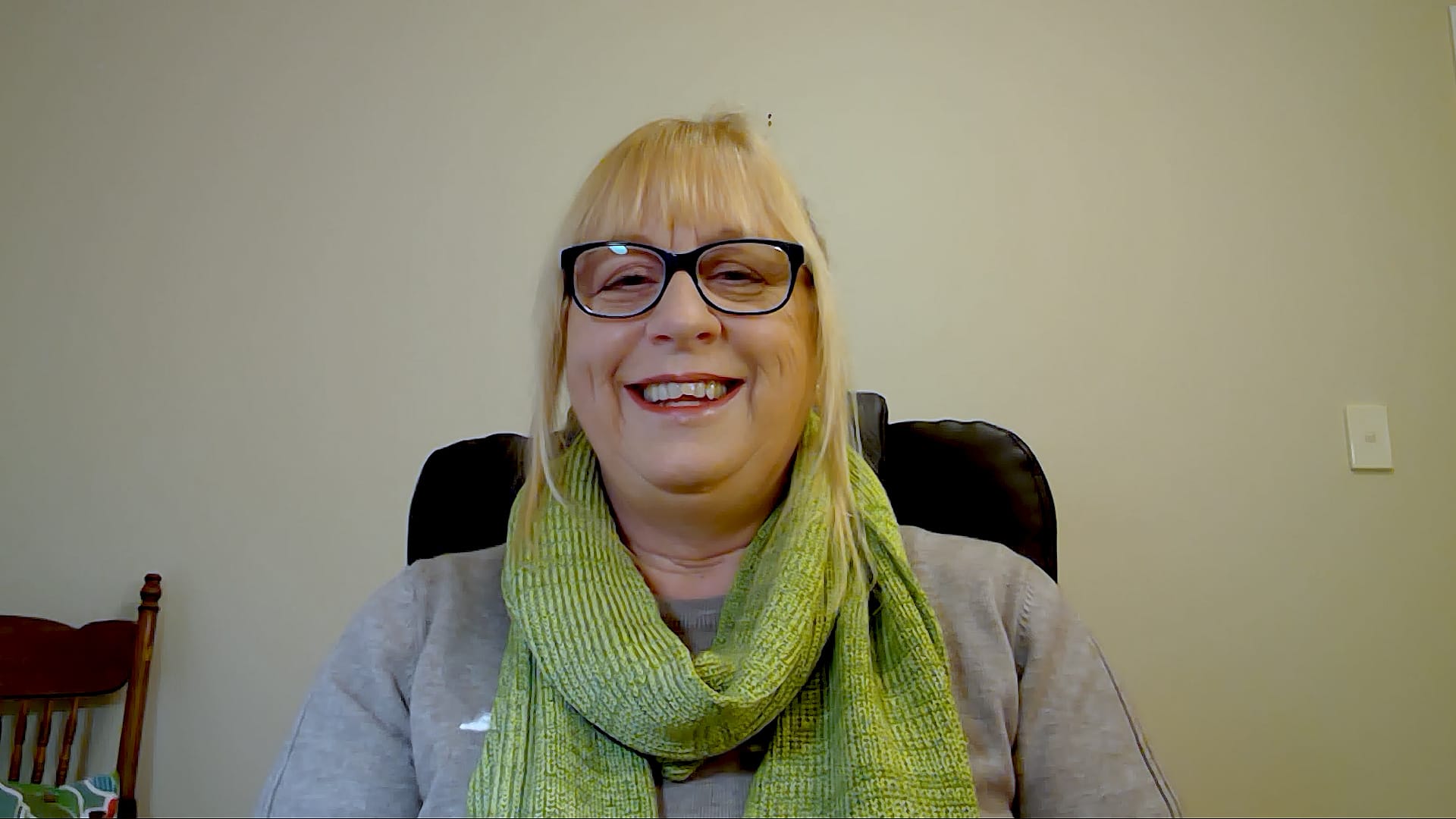Chemotherapy is generally given intravenously but can sometimes be given orally as a tablet.
Depending on the type of lung cancer you have, you might have chemotherapy alone or in combination with another anti-cancer drug or radiation therapy.
In many cases, chemotherapy can be started immediately after diagnosis. It can be used before surgery to shrink a tumour, after surgery to reduce the risk of reoccurrence, in combination with radiation therapy to improve its effectiveness, or simply to reduce cancer symptoms and improve your quality of life.
It is important that you speak to your oncologist or healthcare provider to understand what lung cancer treatment options are most appropriate for you. You can also book a free telephone appointment with Lung Foundation Australia’s Lung Cancer Support Nurse.
So how does chemotherapy work when it comes to lung cancer patients? Well basically, chemotherapy works by killing off cancer cells. It’s designed to kill these cells that reproduce rapidly, but one of the downsides of that is it can kill off other cells as well. You’ll notice that many people lose their hair when they have chemo or things go wrong with their skin, or maybe there are other issues for them, and they feel particularly nauseous or sick, well, you learn to put up with a bit of sickness because of the benefits of killing the cancer.
I had chemotherapy every three weeks for four years after I was diagnosed with lung cancer. I was told that it would probably help to maintain my quality of life, relieving some symptoms and giving me more time, but in my case, quite extraordinary, it actually shrunk the cancer until after about eighteen months. There was no evidence of the cancer anymore in my body, but I continued on the chemo, and after four years I was able to stop.
Chemotherapy has a bad reputation and some of its deserved. You do need support. You do need people around about you. It can take its toll. We want to encourage you to find out all that you can. Get the best information about the chemo. Even chemo strategies have come a long way since the bad old days.
The Lung Foundation are able to help you. If you’re not finding that you can get access to the information that you need easily, then get in touch with the Lung Foundation Australia because they’ve got people who are there and they’re ready to provide help, to provide resources, and to support you on what is a difficult journey. Lung Cancer Search and Rescue. Hope in every breath.

 Donate
Donate





